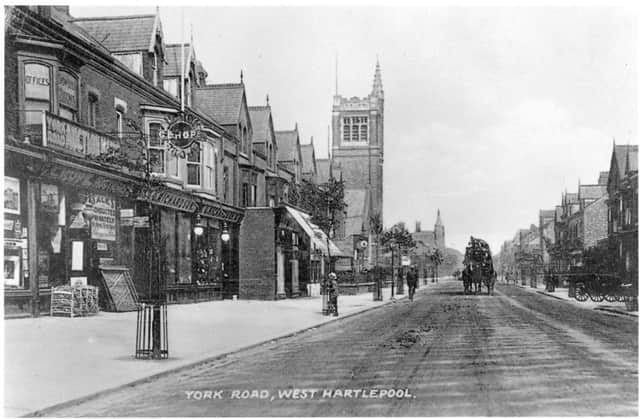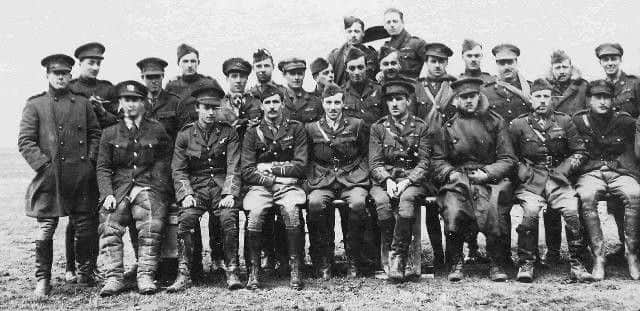Hartlepool flying ace hailed as national hero


Harry Noel Cornforth Robinson was awarded the Military Cross and Croix de Guerre for his bravery, and went on to win the Distinguished Flying Cross in Iraq just after the conflict.
But the flight lieutenant - one of the original ‘Magnificent Men in their Flying Machines’ - was to live fast, and die young. He passed away aged just 27, leaving a widow and daughter.
Advertisement
Hide AdAdvertisement
Hide Ad

“He was a true hero. He repeatedly put his life on the line for his country and comrades - and should never be forgotten,” said local historian Norman Kirtlan.
Harry, eldest son of railway clerk Henry and his wife Dorothy, was born on December 25, 1898, and educated at Mr Scott’s High School for Boys and Durham Grammar School.
He joined the Royal Flying Corps in March 1916, as soon as he attained military age and, by August that year, was flying over the German lines on the Western front.
In May 1917 he was commissioned as a temporary second lieutenant in the Royal Flying Corps and, following confirmation of his rank, became a flying officer in July 1917.
Advertisement
Hide AdAdvertisement
Hide Ad

“Initially he flew a Sopwith Pup with No. 46 Squadron, until the unit was re-equipped with Sopwith Camels. In December 1917 Harry scored his first aerial victory,” said Norman.
“On that occasion he was responsible for capturing a German reconnaissance aircraft. His second victory, on March 11, 1918, came when he drove down a German Albatros DV.”
After securing six further victories between March 21-24, Harry was appointed a flight commander and moved to No. 70 Squadron - gaining two more victories in April and May.
He was also awarded a Military Cross at around this time, gazetted on May 3, for showing “conspicuous gallantry and devotion to duty” in an aerial attack - while running out of petrol.
Advertisement
Hide AdAdvertisement
Hide Ad“Harry had an absolutely brilliant flying career, winning several medals - including the MC and Croix de Guerre - before his 20th birthday,” said Norman.
“But, he didn’t stop there. He remained in the RAF after the war and saw active service in Iraq in 1921 - where he won the Distinguished Flying Cross.”
Harry went on to become a lecturer and instructor in bombing and gunnery at RAF Eastchurch in Kent, but the brave flying ace fell ill in late 1925.
He died seven months later, on June 2, 1926, at a sanatorium in Norfolk - leaving £2,298 (around £500,000 today) to his widow, Erica.
“The strenuousness of his life as a boy affected his health,” reported the Hartlepool Mail after his death.